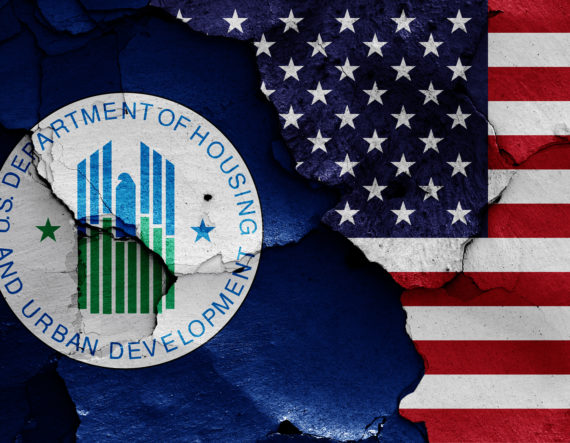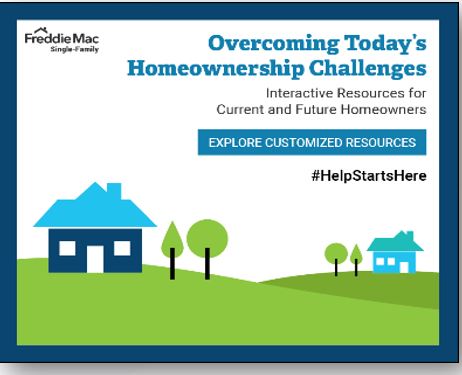
Should You Access Your Retirement Funds Early Due to COVID-19?
One of the long-standing rules of personal finance has been that you should not take funds out of your retirement account early except as a last resort. The question now is whether the COVID-19 crisis has created a “last resort.” In other words, does it make sense to dip into retirement savings now? The CARES Act has temporarily changed the rules about accessing these funds, making it more favorable to do so before you are of retirement age. Let’s take a closer look at the changes and the considerations that should go into any decision about accessing retirement funds early.
Normal Rules for Distributions and Loans
There are generally two ways to access retirements funds early. You can take the money out of the account (a distribution) or you can borrow money from your account (a loan). Normally, if you take a distribution from a retirement account before you are 59 ½, then you will pay income tax on the distribution and be subject to a 10 percent penalty (or a 25 percent penalty in the case of distributions from a SIMPLE IRA within the first two years of participation). However, note that there are exceptions to this rule.
Distributions are available from any retirement account. However, loans are more limited. Loans are not available on any IRAs or IRA-based accounts. The IRS explains that loans are only available on “profit-sharing, money purchase, 401(k), 403(b) and 457(b) plans,” though not all plan administrators offer loans. Borrowing from a 401(k) or similar account is normally limited to $10,000 or 50% of the vested account balance, whichever is greater, with a cap of $50,000. You pay interest on a 401(k) loan, but the interest returns to your account. The biggest cons to using a 401(k) loan are that you may miss out on investment growth due to taking your money out of the market, and you may default on the loan, which could lead to the loan being treated as a distribution. For a good primer on these loans, read this article from Credit Karma.
Loans and distributions can both be disastrous to your retirement savings by triggering severe consequences in the form missed portfolio growth, increased tax liability, and penalties. That is why most financial experts warn against tapping into these funds early if you can help it.
Important Changes Under the CARES Act
These are not normal times. Anticipating that many Americans will be strapped for cash, the government changed the rules for early retirement distributions and 401(k) loans under the CARES Act. Here are some additional important details and further explanations about the law to keep in mind.
Early Distributions
Which retirement accounts are covered?
The option to take a distribution without paying a penalty applies to all retirement accounts.
Who can take a penalty-free distribution?
To avoid penalty, the distribution must be taken by a qualified individual. This covers someone who has tested positive for COVID-19 or who has a spouse or dependent who tested positive. It also covers someone “who experiences adverse financial consequences as a result of being quarantined, being furloughed or laid off or having work hours reduced due to such virus or disease, being unable to work due to lack of child care due to such virus or disease, closing or reducing hours of a business owned or operated by the individual due to such virus or disease, or other factors as determined by the Secretary of the Treasury (or the Secretary’s delegate).”
How big can the distribution be?
The limit for penalty-free distributions is $100,000 per individual across accounts.
What time period is covered?
To avoid penalty, the distribution must be taken between March 27, 2020 and December 31, 2020.
How much will you pay in tax? How can you limit your tax liability?
This will depend on your tax bracket. However, the act allows you to spread the tax payment over three years. It also allows you to repay the money to an eligible retirement plan to avoid the tax liability.
401(k) Loans*
How much can you borrow?
The CARES Act increases the cap from $50,000 to $100,000.
What time period is covered?
The increase in how much you can borrow is in effect until September 23, 2020.
How much tax or penalty will you pay on the loan?
There are no taxes or penalties on the loan, but you will pay interest, which is returned to your account.
Does the law change payment obligations?
The law allows affected individuals to delay repayments for up to one year.
*Be sure to consult with your plan administrator to understand fully the terms of a potential loan and the impact of the CARES Act on such a loan.
Should you take a distribution or loan?
The CARES Act provides a unique opportunity to access your retirement funds with less financial penalty than usual. However, these new rules do not address the other main disadvantage of early withdrawals: limiting your investment growth over time. Timing the market, or predicting when investments will hit their peaks or bottoms, is practically impossible. The initial market response to the COVID-19 crisis has been negative, and markets may still be in the midst of a downturn. This means that your portfolio may be quite a bit lower today than it was even just a month ago. Cashing out of your retirement now may mean you take a loss or miss out on upcoming market rebounds. It would strip your funds of their growth potential
Withdrawing or borrowing from your accounts is still a last resort. Do not borrow from your retirement just because you think it is a rare opportunity to do so. You should only take money out of your accounts if you need the money for a financial emergency. Even then, consider the following funding sources instead, and then only return to the idea of taking your retirement money if the other options are not feasible.
Alternatives
Stimulus Money and Tax Refund
Make sure you have taken the necessary action to get your stimulus check. That money may help you meet your goals and eliminate the need to borrow from your retirement. The same is true for a tax refund if you have not yet received yours.
Emergency Fund
You have this fund for a reason. Consider using it now if you are in a bind. Consider growing it too. Now is the time to cut extra expenses and put more toward your savings for future uncertainties.
Personal Loans
Personal loans often provide better terms and interest rates than credit cards, especially to people with good credit. If a small personal loan can hold you over in a pinch, it may be a better alternative.
Of course if you are struggling and are unsure where to start, a certified nonprofit credit counselor can help you sort through your options and provide financial guidance that can set you up for success, now and in the long-term.
The post Should You Access Your Retirement Funds Early Due to COVID-19? appeared first on NFCC.
Read more: nfcc.org


















